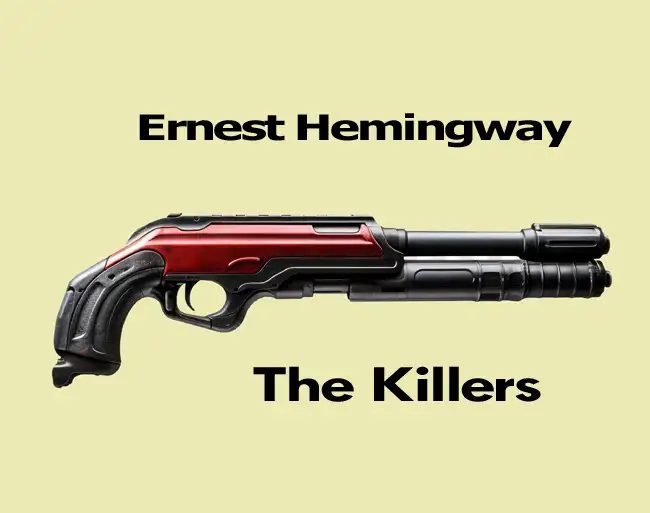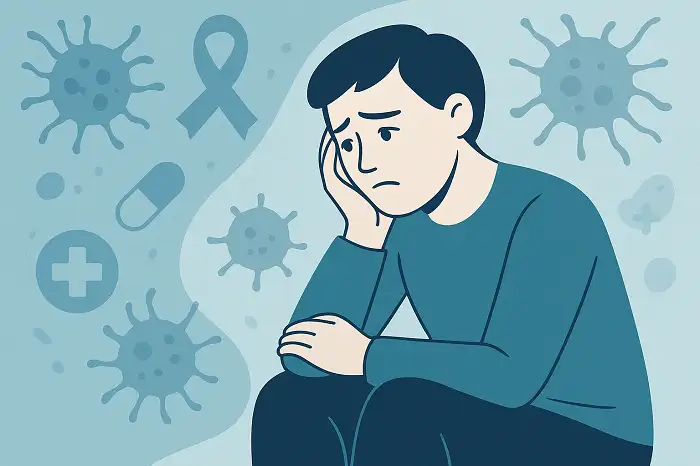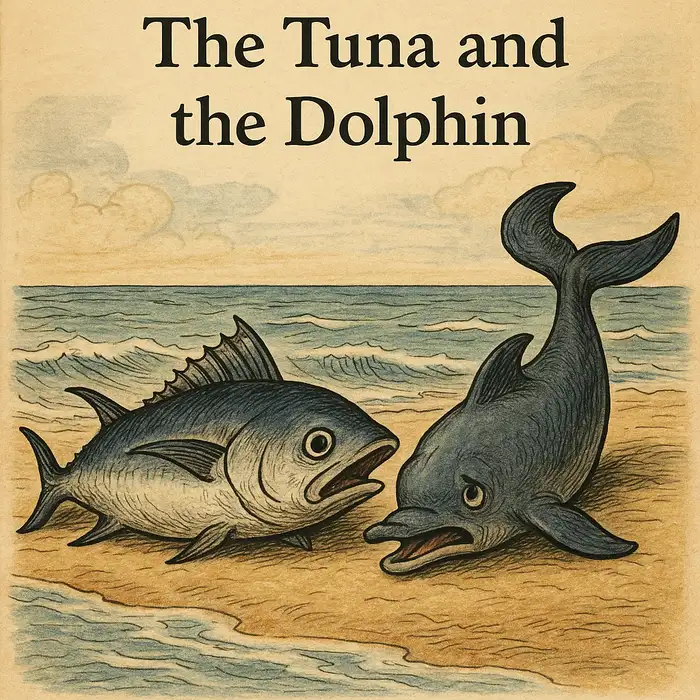The Killers by Ernest Hemingway with a podcast and vocabulary practice in real context ideal for advanced ESL students The Killers by Ernest Hemingway is now in the public domain available on Gutenberg Project Podcast of The Killers by Ernest Hemingway https://www.youtube.com/watch?v=hgX8ZAiAbM0 The Killers by Ernest Hemingway The door of Henry’s lunch-room opened and two men came in. They sat down at the counter. “What’s yours?” George asked them. “I don’t know,” one of the men said. “What do you want to eat, Al?” “I don’t know,” said Al. “I don’t know what I want to eat.” Outside it was ...
Home » English Short Stories » The Killers by Ernest Hemingway for ESL Students

The Killers by Ernest Hemingway for ESL Students
Updated: by Dr. Mohammad Hossein Hariri Asl
Time to Read: 17 minutes | 515 Views | 6 Comments on The Killers by Ernest Hemingway for ESL Students
Share This Post
About the Author
Dr. Mohammad Hossein Hariri Asl is an English and Persian instructor, educator, researcher, inventor, published author, blogger, SEO expert, website developer, entrepreneur, and the creator of LELB Society. He's got a PhD in TEFL (Teaching English as a Foreign Language).
Number of Posts: 4242



How sombody i e Anderson accepts his fate without doing nothing to change it or even to save his life. May be he had commited crimes and thought he deserved such tragic end. How he even ignored that Nick put himself at risk to warn him and by accepting his fate frustrated Nick as a young boy which ended in Nick,’s depression.
Feedback
1. i e = i.e.
2. without doing nothing = without doing anything
3. the difference between “may be” and “maybe”
4. such tragic end = such a tragic end
5. Nick,’s depression = Nick’s depression
I didn’t really like this story but it was short and I was somehow glad.
You’re right, Soroosh. Compared to The Metamorphosis by Franz Kafka, The Killers by Ernest Hemingway is much shorter.
The theme of this short story is the contrast between passivity and activity in the face of death. It is very distressing to be in Ole’s shoes. I have some questions: Why didn’t George go to warn Ole himself? Why did Nick want to leave the town?
You’re absolutely right, Armaghan.
And about your questions, I just can guess that Nick was the protagonist or hero in this short story who was relatively more sensitive and caring. George was the owner of that diner or small restaurant, and for this reason, he couldn’t jeopardize his local business. Therefore, Nick took this risk. Consequently, that place was not safe for Nick any longer and he was supposed to move to another town.
Feedback
1. The opposite of “passivity” is “activeness”.